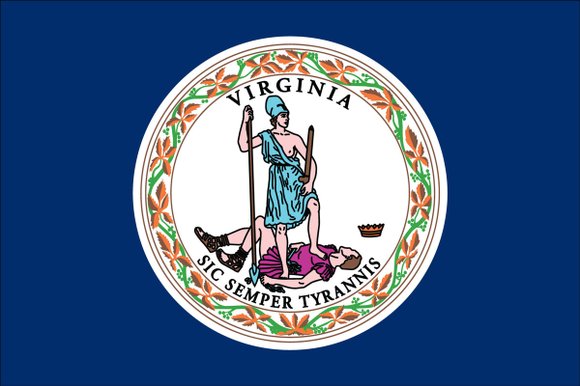New Virginia laws begin July 1
7/1/2016, 6:29 a.m.
A host of new laws will go into effect in Virginia on Friday, July 1, including laws regulating concealed weapons, fantasy gaming, new age minimums for marriage and smoking in cars. Here are some of them:
Education
High school graduation requirements have been rerewritten for the 2018-19 school year. Additionally, Senate Bill 211 requires at least 20 minutes of physical activity a day on average for children in kindergarten through fifth grade.
Guns
Virginians will be allowed to carry concealed guns in nearly all other states. Virginia also will recognize permits from those states where agreements are in existence. Additionally, state police will be present at every gun show in Virginia to perform voluntary background checks.
Tolls
Interactions between private highway toll companies and Virginia drivers is changing. House Bill 1069 increases the time period before those private companies can increase violation fees and it decreases civil penalties on unpaid toll bills.
Health
Hospitals will be required to disclose in advance the amount charged for any elective procedure, test or service to be performed.
Higher Education
The law prohibits a public or private institution of higher education from requiring a student to disclose the username or password to any of the student’s personal social media accounts.
Smoking
Any person who smokes in a vehicle, moving or not, with a child under age 8 is subject to a traffic ticket and civil penalty of $100.
Fantasy gaming
Virginia becomes the first state with a legal framework for daily fantasy sports groups offering cash rewards for winnings. The legislation requires fantasy sports websites that charge money must now register with the state and pay a licensing fee.
Marriage
A new law puts in new age minimums for marriage. While 18-year-olds can marry on their own, anyone 16 or 17 must have a judge sign off on the marriage after considering whether the union is in a minor’s best interest at that time.






